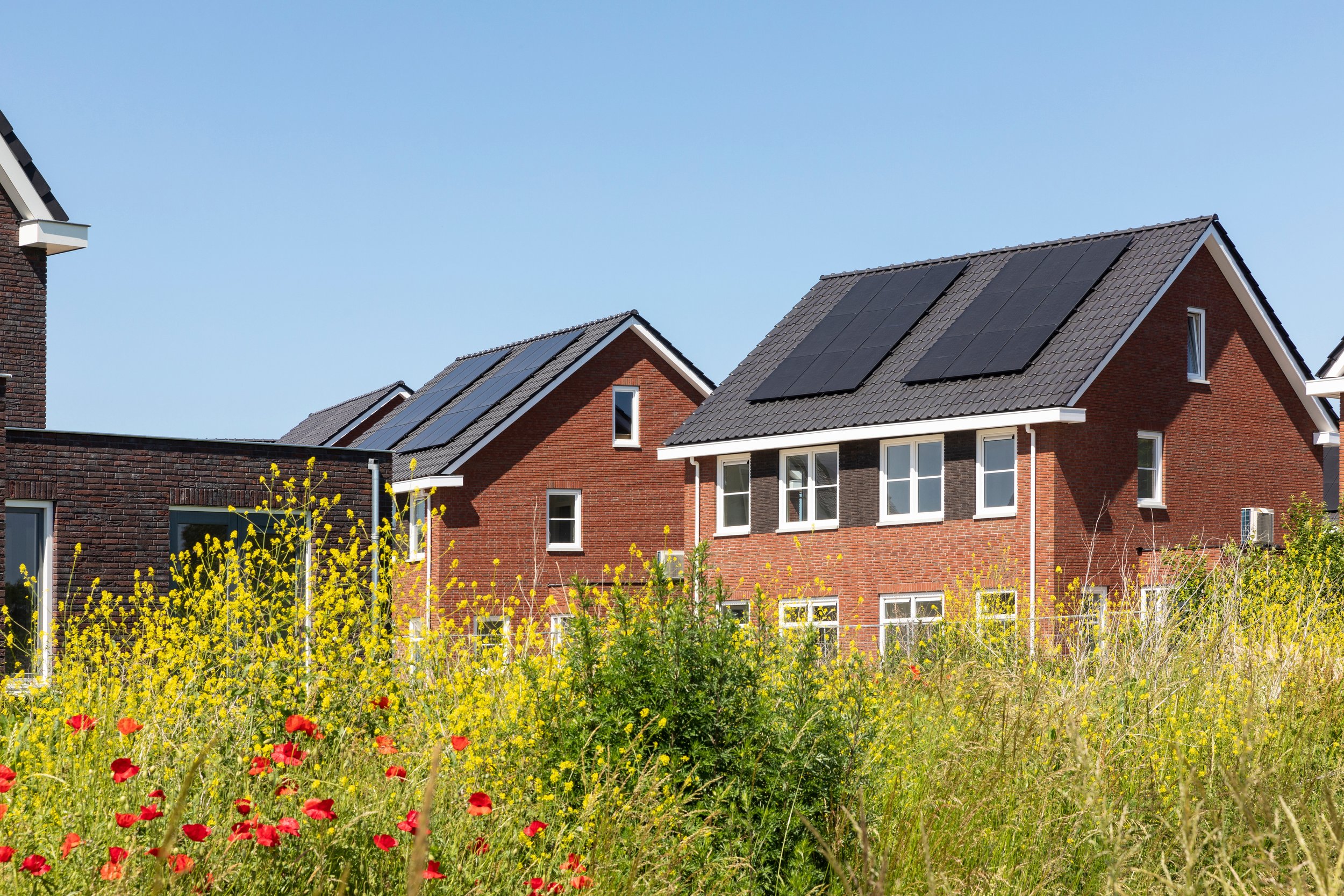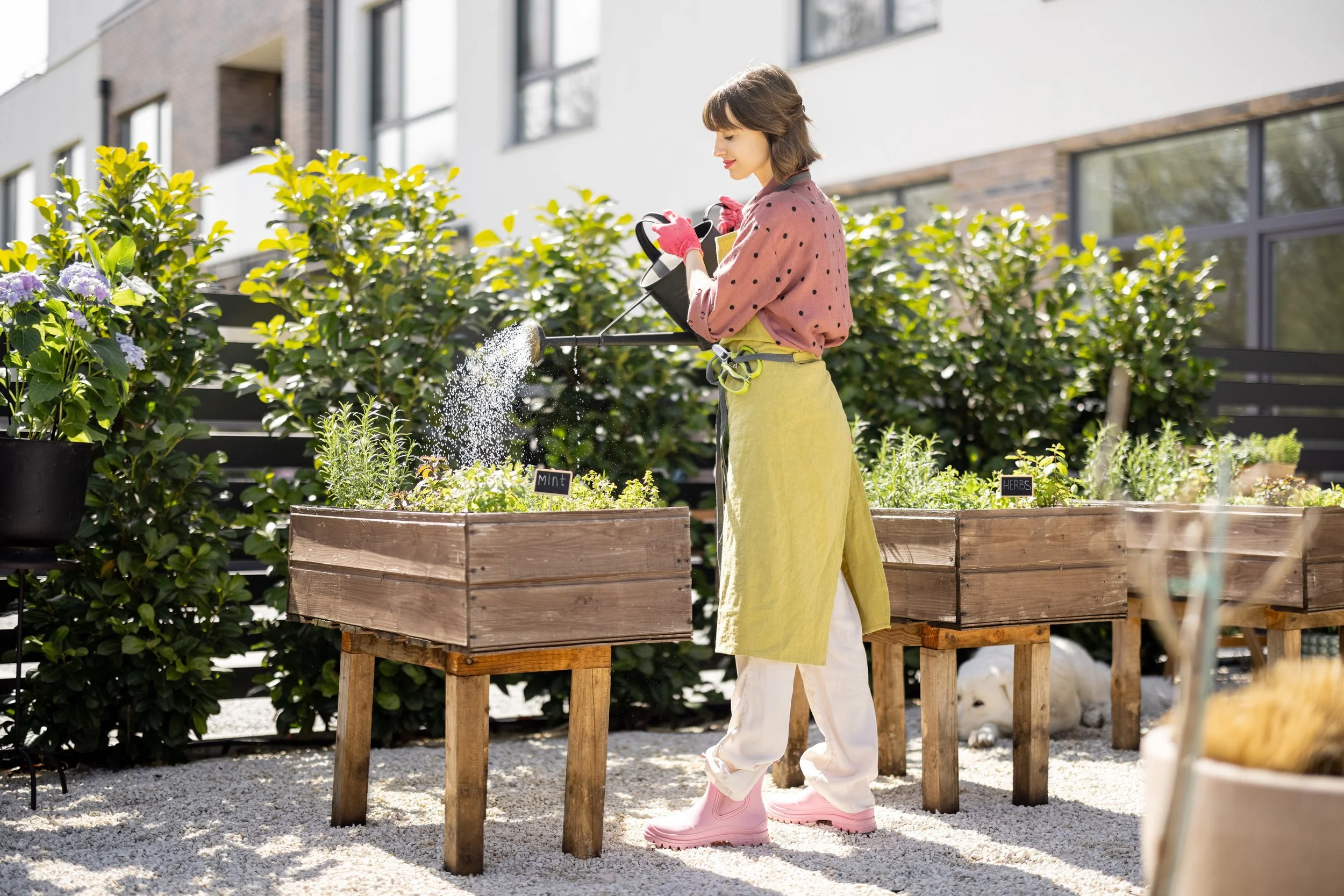
What can we do every day to help protect Earth's ecosystems?
Living Regeneratively
As integral parts of nature, humans have the capacity to positively impact the planet. By taking small, simple steps, we can design lives that benefit the Earth, foster a deeper connection with the natural world, and create a more sustainable future for all.
Tips for Regenerative Living
Start a Food Garden
Make Conscious Clothing Choices
Start composting
Use renewable energy sources
Rewild you yard or garden
Close the loop on waste!
-
WEBSITES
Billion Oyster Project: www.billionoysterproject.org
BOOKS
Robin Wall Kimmerer, Braiding Sweetgrass: Indigenous Wisdom, Scientific Knowledge and the Teachings of Plants, Milkweed Editions, 2015.
This book beautifully combines indigenous wisdom, scientific knowledge, and nature's lessons, inspiring readers to live in harmony with Earth.
Monique Gray Smith and Robin Wall Kimmerer, Braiding Sweetgrass for Young Adults: Indigenous Wisdom, Scientific Knowledge, and the Teachings of Plants, Zest Books, 2022.
Drawing from her experiences as an Indigenous scientist, botanist Robin Wall Kimmerer demonstrated how all living things—from strawberries and witch hazel to water lilies and lichen—provide us with gifts and lessons every day in her best-selling book Braiding Sweetgrass. Adapted for young adults by Monique Gray Smith, this new edition reinforces how wider ecological understanding stems from listening to the earth's oldest teachers: the plants around us.
Paul Hawken, Drawdown: The Most Comprehensive Plan Ever Proposed to Reverse Global Warming, Penguin Books, 2017.
Offers practical solutions for reversing global warming, including regenerative farming and ecosystem restoration.
Stephanie Rose, The Regenerative Garden, Cool Springs Press, 2022.
A practical guide that focuses on garden projects aimed at regenerating the soil and attracting wildlife.
FILMS
"Kiss the Ground,” Directed by Joshua Tickell and Rebecca Harrell Tickell, 2020.
A documentary focused on regenerative agriculture and its potential to restore soil health, draw down carbon, and transform food systems.
"Fantastic Fungi,” Directed by Louie Schwartzberg, 2017.
Explores the role of fungi in ecosystems and how mushrooms can help restore ecosystems and support regenerative practices.
"The Biggest Little Farm," Directed by John Chester, 2018.
Tells the story of a couple who transform barren land into a thriving farm using regenerative and sustainable practices.
"2040," Directed by Damon Gameau, 2019.
This documentary envisions what the world could look like in 2040 if we embraced regenerative technologies and practices.
"Inhabit: A Permaculture Perspective," Directed by Costa Boutsikaris, 2015.
This film looks at permaculture and how its methods can be used to regenerate degraded land.
VIDEOS
BBC Earth Unplugged, "Greta Thunberg Meets Sir David Attenborough , 2019.
Highlights conversations around how ecosystems can be restored.
Bryce Langston, "Living Big in a Tiny House,” 2013.
Features individuals living minimally, often showcasing regenerative gardening and low-impact living practices.
TED Talk by Suzanne Simard, "Nature's Internet: How Trees Talk to Each Other in a Healthy Forest,” 2016.
Explains how forest ecosystems are interconnected and how understanding these connections can help in regeneration.
Jirka Rysavy, Saida Medvedeva, "The Secret of Water,” Gaia, 2015.
Explores the importance of water as part of regenerative practices, focusing on natural ways to restore healthy water systems.

